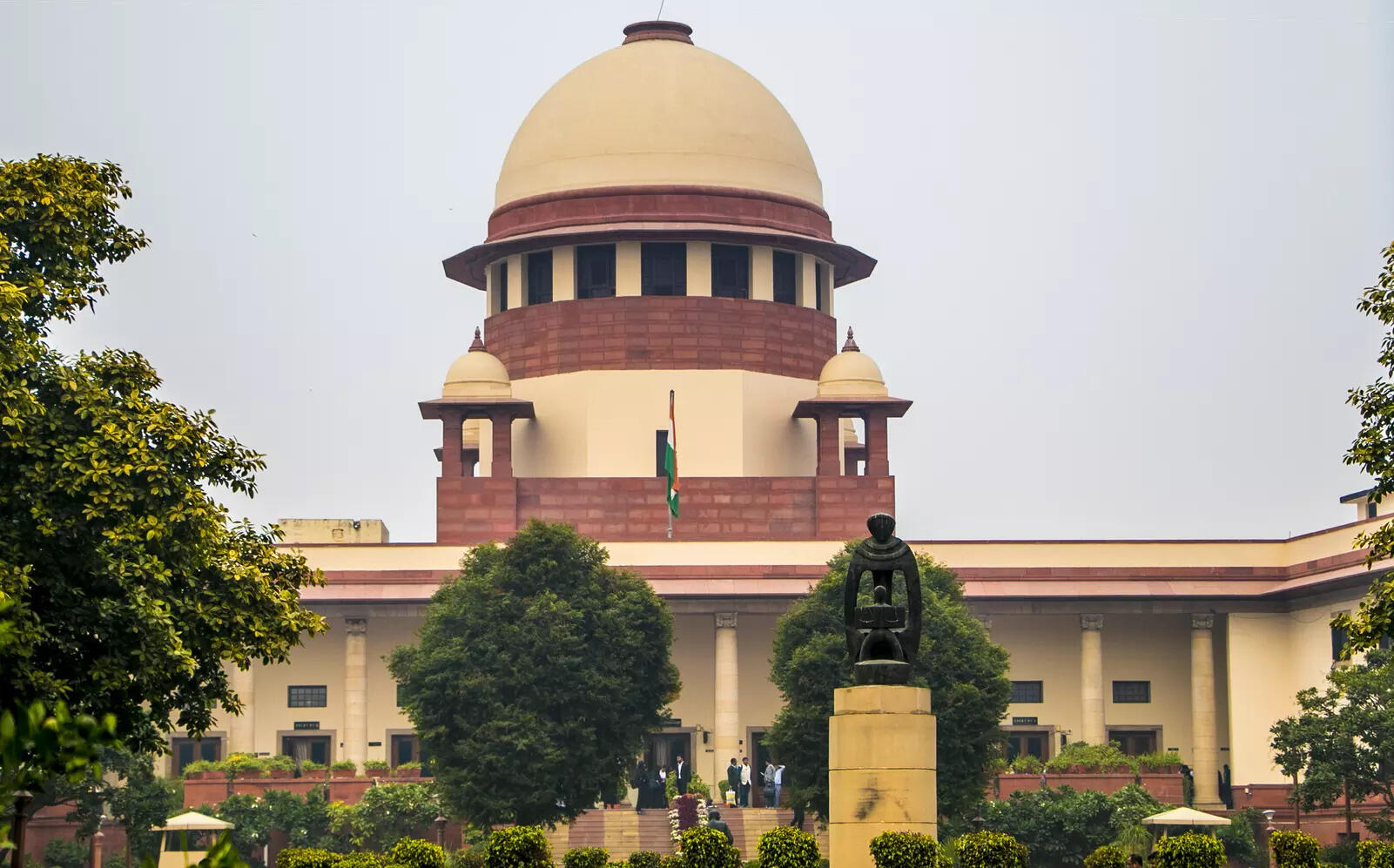
Emergency authorities said anyone in the area should get out.
Montecito:
The star-studded California town that is home to Britain’s Prince Harry and wife Meghan Markle was ordered evacuated Monday, with firefighters warning mudslides could engulf luxury homes.
Montecito, which is also a favorite of American entertainment royalty such as Oprah Winfrey and Jennifer Aniston, was expected to get up to eight inches (20 centimeters) of rain in 24 hours — on hillsides already sodden by weeks of downpours.
Emergency authorities in the town 90 minutes from Los Angeles said anyone in the area should get out.
“LEAVE NOW! This is a rapidly evolving situation. Please pay close attention to emergency alerts,” a fire department website said.
The town, whose multi-million dollar properties are perched in breathtaking California countryside, is particularly vulnerable to mudslides because it sits at the foot of a mountain range that was ravaged by fire five years ago.
Hundreds of square miles (kilometers) of land were scorched in 2017 and 2018, denuding the hillsides of the vegetation that normally keeps soil in place.
Without the trees and shrubs, rains can quickly turn treacherous.
“Over the last 30 days, Montecito has received 12-20+ inches of rain across the community, exceeding our yearly average of 17 inches,” Montecito Fire said on Twitter.
“This cumulative, saturating rain puts the community at greater risk of flooding and debris flow.”
Former chatshow host Ellen DeGeneres posted a video on Twitter of a raging stream.
“This is crazy,” she told followers.
“This creek next to our house never ever flows. It’s probably about nine feet up, and it’s going to go another two feet.
It was not clear how many of the town’s residents, who also include Larry David, Gwyneth Paltrow, Katie Perry and Rob Lowe, had heeded the call to flee.
Parade of cyclones
The evacuation order in Montecito came as California was being lashed by the latest in a parade of storms that have already killed 12 people.
A swathe of the Golden State was under flood warnings as it struggled to cope with yet more rain on top of near-record downpours in recent weeks — with even more forecast over the coming days.
“Two major episodes of heavy rain and heavy mountain snow are expected to impact California in quick succession during the next couple of days in association with two of the more energetic and moisture-laden parade of cyclones that are aiming directly for” the state, the National Weather Service said.
Up to five inches (13 centimeters) of rain could fall throughout Monday in coastal regions of central California, the NWS said.
More rain will follow on Tuesday, including in the south of the state, while the Sierra Nevada mountains could get hit with up to six feet (1.8 meters) of snow, making for hazardous conditions.
Governor Gavin Newsom said 12 people had died over the last 10 days.
Last week he declared a state of emergency and on Sunday asked for, and was granted, a presidential emergency declaration.
“We expect to see the worst of it still ahead of us,” Newsom told reporters.
More than 100,000 homes were without power on Monday.
“The cumulative effect of successive heavy rainfall events will lead to additional instances of flooding,” the NWS warned.
“This includes rapid water rises, mudslides, and the potential for major river flooding. Susceptible terrain and areas near recent burn scars will be most at risk for debris flows and rapid runoff.”
– Downpours in drought –
While heavy rain is not unusual for California during the winter, these downpours are testing the state.
They come as much of the western US is more than two decades into a punishing drought that has seen a big increase in the frequency and intensity of wildfires.
Scientists say human-caused climate change, brought about by the unchecked burning of fossil fuels, has supercharged these wild swings in weather, making the wets wetter and the dries drier.
Storms last week around San Francisco left tens of thousands of people without power as they caused flooding.
That came on the heels of a ferocious downpour on New Year’s Eve, which left the ground sodden and waterlogged.
But even the recent heavy rains are not enough to reverse the drought.
Scientists say several years of above-average rainfall are needed to get reservoirs back to healthy levels.
(Except for the headline, this story has not been edited by NDTV staff and is published from a syndicated feed.)
Featured Video Of The Day
Save ‘Sinking’ Joshimath: NDTV Ground Report









![Best Weight Loss Supplements [2022-23] New Reports!](https://technologytangle.com/wp-content/uploads/2022/12/p1-1170962-1670840878.png)




